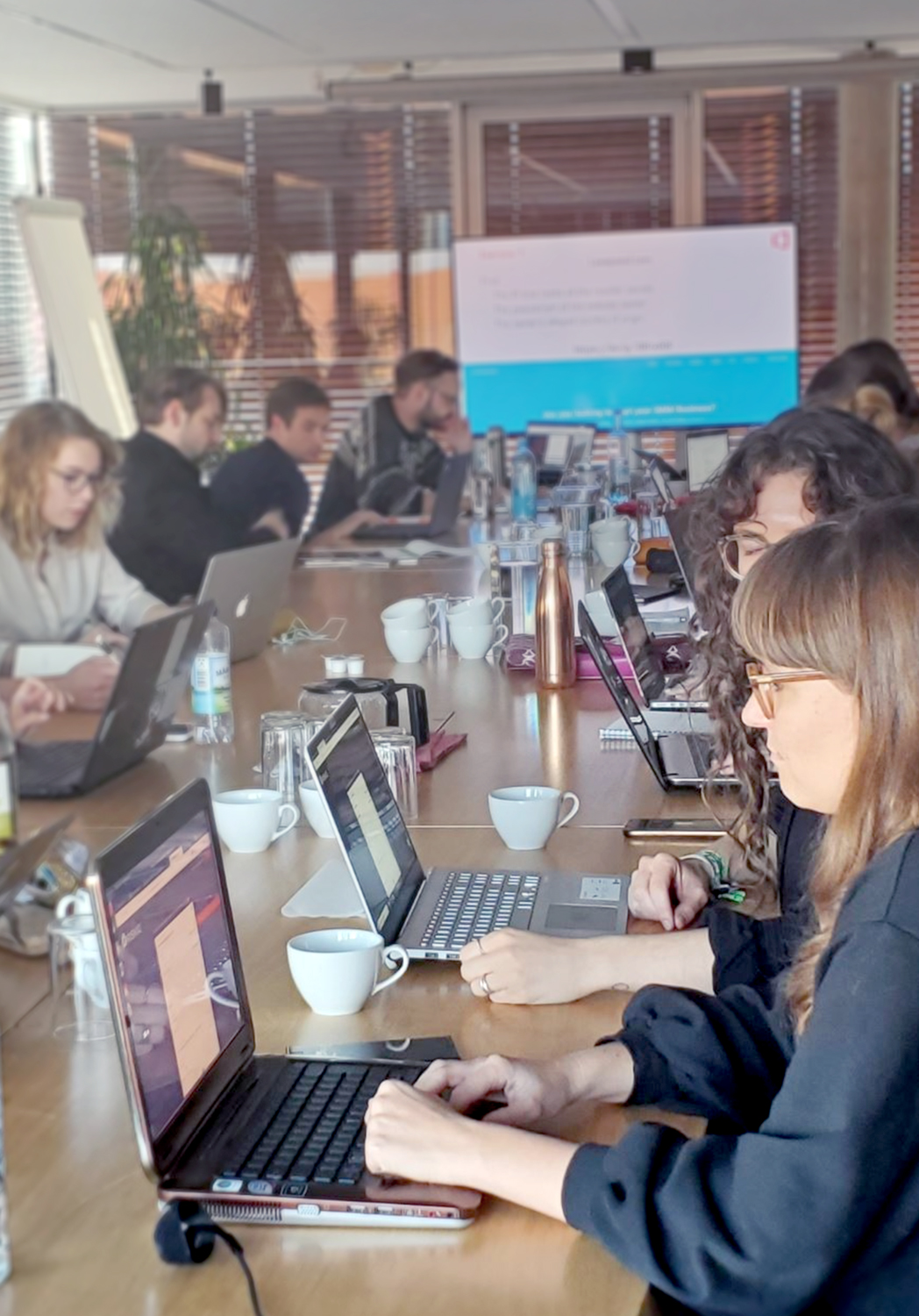HALMA. Hallische Medienarbeiten 8
Reinhold Viehoff (Hrsg.)
Stahlnetz, Tatort, Polizeiruf 110: Transitions in German Police Series.
Gesamte Arbeit lesen (Format: PDF)
halma8.pdf
(externe Datei)
Table of Contents
Reinhold Viehoff:
Crime shows in East and West German television:
Some comments on the crime genre on television
Ingrid Brück & Reinhold Viehoff:
Crime genre and television. From Stahlnetz to Tatort: a realistic tradition.
Andrea Guder & Karin Wehn:
Polizeiruf 110: The transition from socialism to capitalism
Bibliography of the research project Das Kriminalsujet im ost-, west- und gesamtdeutschen Fernsehen: Die Programmgeschichte des deutschen Fernsehkrimis
Summaries
Ingrid Brück & Reinhold Viehoff
Crime genre and television. From Stahlnetz to Tatort: a realistic tradition.
In the fifties, television incorporated two dominant functions: visualisation of actuality and immediacy. Every viewer could be an "eyewitness" of real events at any time because of television. At that point, the first West German police serial Stahlnetz (1958-1968) with its 22 episodes opened up new perspectives for the genre tradition because of its documentary style. In November 1970, two years after the last Stahlnetz-episode had been broadcast, the new serial Tatort was first aired on German TV. As constituted by the forerunner Stahlnetz, reality and authenticity of telling and showing became an important feature of Tatort. In comparison to Stahlnetz, however, a few modifications can be found. The genre evolution from Stahlnetz to Tatort might best be regarded as an evolution from determination to contingency, a change from uniformity to plurality, from the promise of a secure life to the plea for a life in a changing world.
Andrea Guder & Karin Wehn
Polizeiruf 110: The transition from socialism to capitalism
The GDR police serial Polizeiruf 110 is an interesting case for research as it is the only programme of GDR television that has survived the re-unification. The history of the serial began on the 27th of June 1971 with Der Fall Lisa Murnau. Polizeiruf 110 became the most successful production of East German television. Until the end of the GDR 153 episodes were broadcast. The viewers highly appreciated Polizeiruf. The serial hindered at least some of them to switch over to West German media on Sunday evenings. From a political point of view it was an important factor in the competition between East and West German television.
The creators ascribed specific functions to the genre socialist crime film such as the fulfilment of social tasks (to inform about crime in order to prevent and fight against it; to strengthen the peoples awareness of notions such as government, state and law).
The close and continuous cooperation between the producers and the East German police was characteristic. Especially "genuine" detectives were interested in the configuration of the film detectives. From their point of view Fuchs, Arndt, Hübner and Grawe (the most important figures in Polizeiruf 110) should be examples for socialism.
When the wall came down in autumn 1989, the established collaboration with the police quickly broke away. The creators strove for collaborations with West-German stations. Existing scripts were re-written, new ideas were being fostered. In a number of episodes broadcast between 1990 and the end of GDR television in December 1991, the detectives no longer acted as ideals for socialism. They were presented as inwardly torn characters with major conflicts. In 1993, Polizeiruf 110 was taken over from the federal public station ARD with the aim to provide some identity for East German viewers. Therefore, the concept was again revised.

